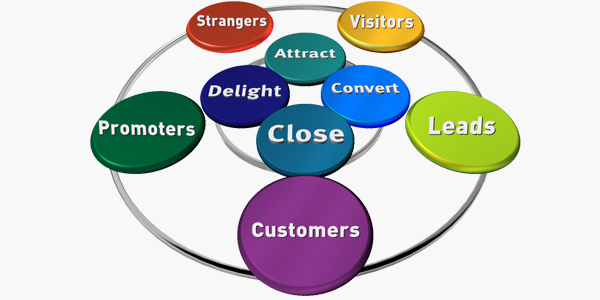Event marketing is an essential strategy for businesses looking to generate leads, boost brand awareness, and foster customer relationships. By organizing or participating in industry events, companies can engage with potential customers, partners, and influencers in person. Let’s explore how to effectively market your corporate events, brand activations, trade shows, and more.
What is Event Marketing?
Event marketing involves promoting your brand through face-to-face interactions at various events like conferences and trade shows. Each event has its own unique audience, content, and culture, which means your marketing strategy should be tailored accordingly. Staying current with trends in both the online and offline worlds is crucial for successful event marketing.
Why Marketing Your Booth Matters
In today’s digital landscape, live events offer a rare opportunity for meaningful, in-person connections. The difference between a successful and a mediocre event often lies in how well you market your booth. Attendees want to know what’s in it for them—what value your event brings and how it addresses their needs.
Communicating Value to Attendees
Instead of just listing features like "100 exhibitors" or "20 keynote speakers," focus on the benefits your event offers. Clearly articulate how it solves attendees’ problems or meets their needs. Remember, potential attendees are more likely to engage if they see a direct benefit to their participation.
Keep your messaging straightforward and avoid jargon. Use language that resonates with your audience to make your value proposition clear.
Understanding Your Audience
To improve your event's impact, it's crucial to understand your stakeholders. Developing personas—fictional characters that represent your typical attendees—can help tailor your messaging. For example, you might create personas for:
- A newcomer in their first job weighing the value of attending.
- A marketing manager considering exhibiting for the first time.
- A startup founder deciding whether to attend.
For each persona, identify their motivations, goals, and pain points. Understanding these factors will guide your event planning and marketing strategies.

Mapping the Event Experience
Throughout the event lifecycle, you’ll encounter various touchpoints with participants. Identifying both major and minor touchpoints can uncover valuable marketing opportunities. Key touchpoints to consider include:
- Event website and landing pages
- Invitations and brochures
- Registration process
- Event experience itself
By understanding these interactions, you can better engage attendees before, during, and after the event.
The Benefits of Event Marketing
Event marketing offers numerous advantages:
- Generate High-Quality Leads: Engage with potential customers who are actively seeking solutions.
- Build Strong Relationships: Foster trust and rapport through face-to-face interactions.
- Increase Brand Visibility: Showcase your brand to a targeted audience and create memorable experiences.
- Gain Market Insights: Stay informed about industry trends and customer needs to refine your strategy.
Strategies for Promoting Your Event Presence
To enhance your event marketing efforts, consider these strategies:
Social Media Marketing
- Share engaging posts to build excitement.
- Use relevant hashtags to expand your reach.
- Post behind-the-scenes content to create anticipation.
Email Marketing
- Send targeted invitations to your audience.
- Offer exclusive incentives for attending.
- Provide clear event details, including dates and locations.
Video Marketing
- Create short, impactful videos to promote your event.
- Share testimonials from past attendees.
- Highlight the unique benefits of participation.
Direct Mail
- Send personalized invitations to your target audience.
- Use eye-catching visuals and strong calls to action.
Landing Page Optimization
- Develop a dedicated landing page for your event.
- Include clear calls to action like "Register Now."
- Monitor website traffic to assess campaign effectiveness.
By integrating these digital marketing strategies, you can effectively promote your event, attract a larger audience, and generate valuable leads. Remember to analyze your results to continually optimize your future efforts.



Leave a Comment